Are you experiencing diabetes-related complications? If so, it’s time to see a diabetes doctor.
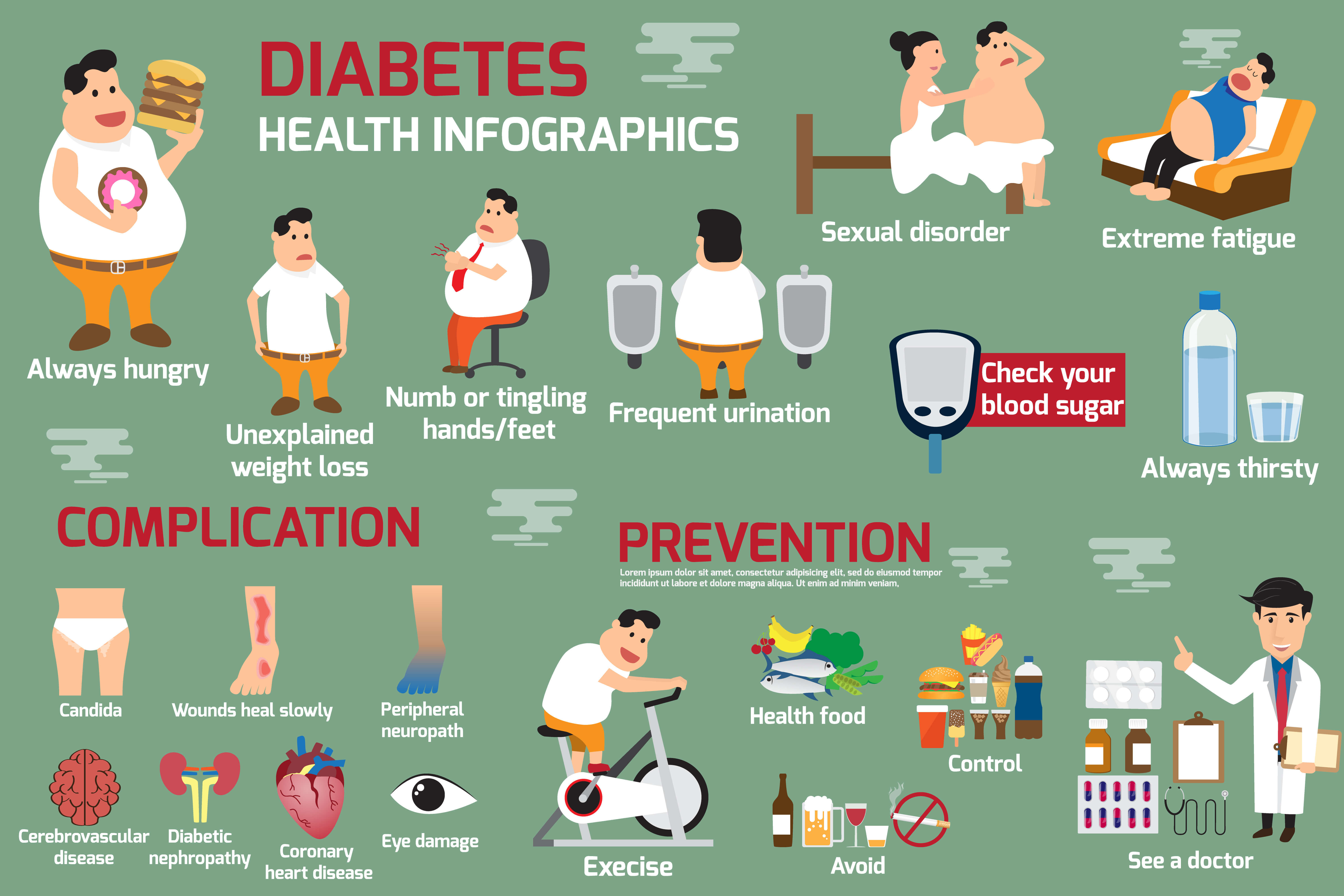
Your Doctors for Diabetes Issues
According to WHO about 422 Million people have Diabetes worldwide. Most of the people living in low income and middle income countries.
Diabetes is a chronic metabolic condition in which there is increased level of blood glucose or sugar. This constant elevated blood glucose level can damage our kidneys, eyes, nervous system, heart and blood vessels.
Read related article to recognize symptoms of diabetes
If you or your family member has diabetes then which are doctors you can consult for Diabetic problems and their management. A professional health care team can manage your diabetes who are qualified in their field.
Your Endocrinologist
Endocrinology is the field of hormone related diseases. Diabetes mellitus is hormonal disorder in which there is destruction of pancreatic cells that produces insulin. An endocrinologist is a doctor who specializes in field of endocrinology and can diagnose your diabetes and give treatment plan either it may be oral hypoglycaemic drugs or insulin. So your prime doctor for Diabetes is an endocrinologist. Consult your endocrinologist on time for better care management.
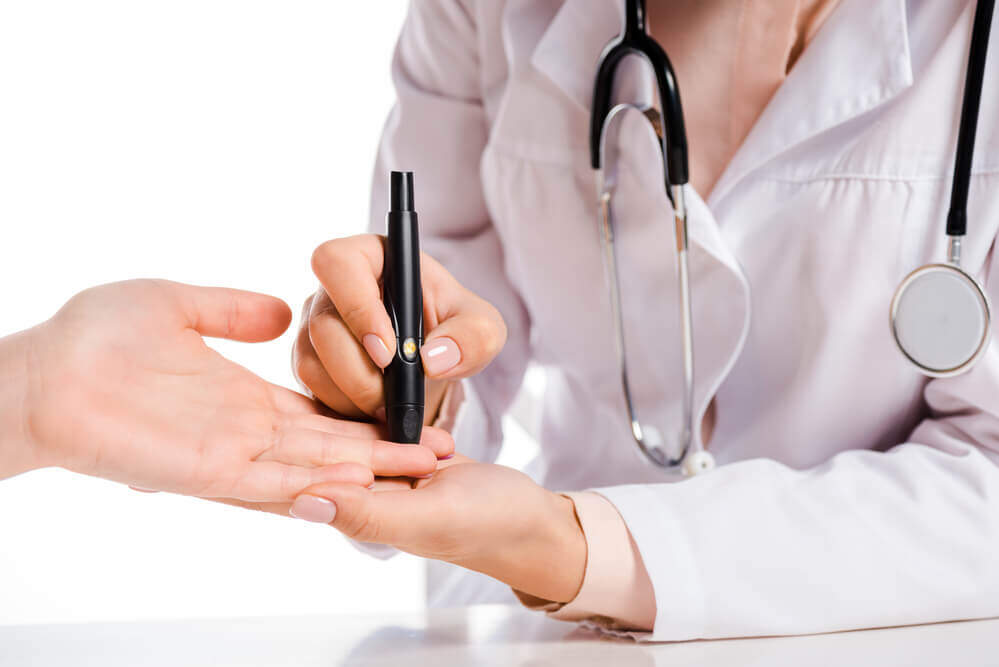
Your Nutritionist
A nutritionist or dietitian is a person expert in field of nutrition. Your diet has pivotal role in controlling diabetes issues. The nutritionist will tell you dietary plan that help to manage diabetes and its complication.
Your Ophthalmologist
An ophthalmologist is doctor who is specialist in Eye problems. As diabetic people are more prone to eye issues due to rising blood glucose. So an ophthalmologist can rule out complications related to eyes and can treat these problems.

Your Nephrologist
Long standing diabetes can cause damage to kidneys. A nephrologist is a doctor who diagnose and treat kidney problems. So consult your nephrologist for diabetes complications.
Symptoms of kidney damage in diabetes include dyspnea (shortness of breath), fatigue, and rapid weight gain. A nephrologist can help identify the source of these problems and recommend treatment. In addition to monitoring blood sugar levels, a diabetic patient may need to take steps to prevent kidney damage, such as stopping smoking and maintaining a healthy diet.
Podiatrist
A podiatrist is a doctor who trained in treating foot and lower legs problems. One of the dangerous complications of diabetes is nerve damage in feet and can lead to diabetic foot. So your doctor for diabetes is podiatrist who can manage your foot problems.
Diabetes is a primary cause of foot ulceration. Diabetes can damage blood vessels in the feet, leading to diabetic foot. Other complications of diabetes include nerve damage and loss of sensation on the feet. Treatment includes regular foot exams and treatment for any underlying conditions that may be causing your diabetes.
Exercise Trainer
Exercise plays important role in managing diabetes. an exercise trainer along with your primary doctor for diabetes can give you fitness plan. These trainers are experts in scientific exercises that are beneficial for health.
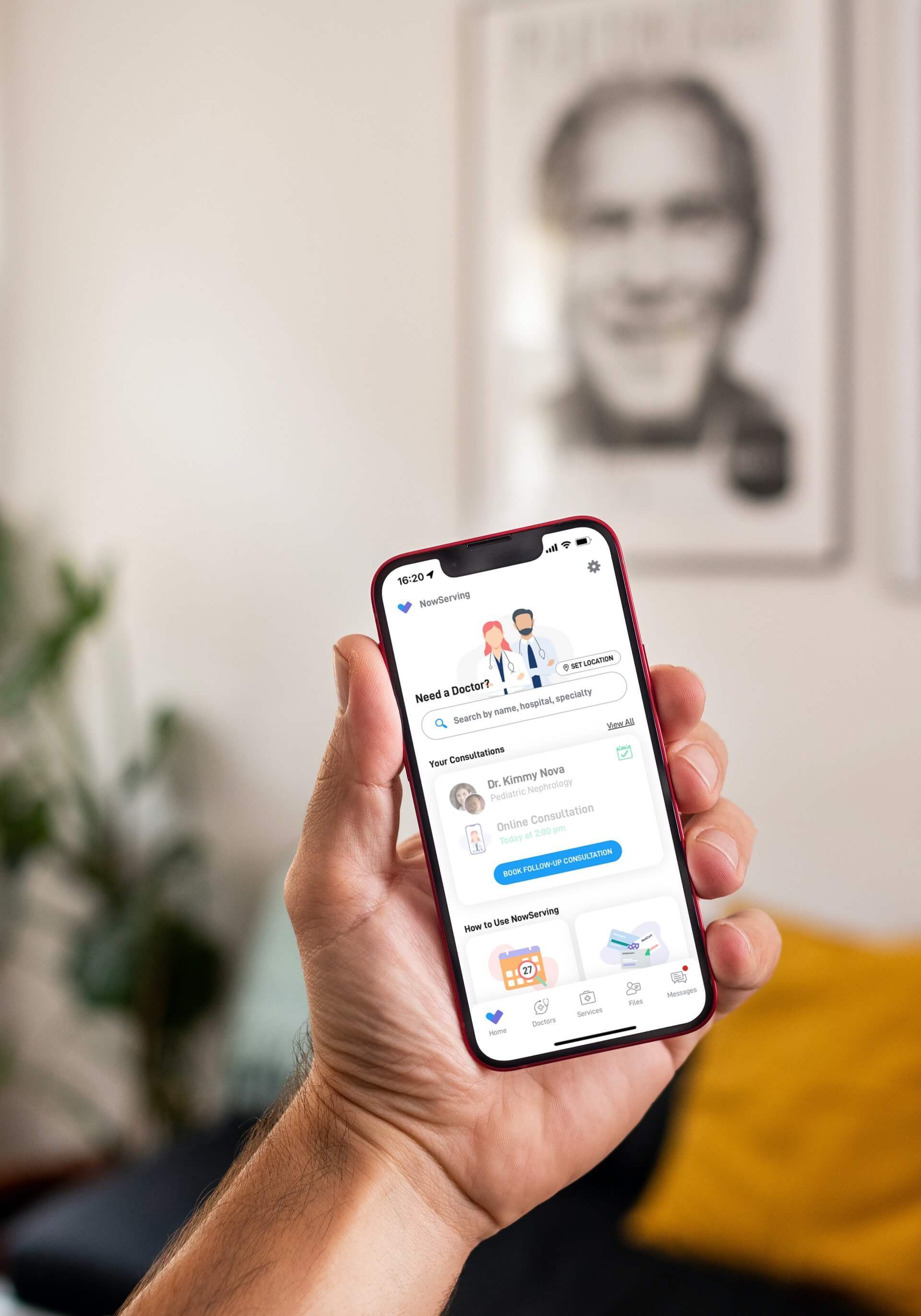
How often should you visit your Diabetes Doctor?
If you are initially diagnosed diabetic and taking oral drugs then you should consult your doctors for diabetes at least every 4 to 6 months. You can also consult early if its not controlling with oral pills. If you are using insulin injection for diabetes then you must get check every 2 to 3 month to your specialist doctors in diabetes.
If someone feeling unusual symptoms such as blurring of vision, burning feet, chest pain, numbness or tingling sensations, breathlessness and weakness of any side of body then consult your doctor immediately.
Take Diabetes Seriously
Diabetes is a chronic illness and it needs lifelong management. Uncontrolled diabetes mellitus has serious complications on every organ system of our body. Consult your diabetic specialists on time so that proper treatment can be started. Multidisciplinary approach helps you to improve your quality of life.

Frequently Asked Questions:
Here are some commonly asked questions when it comes to diabetes. If you have other questions not on this list, please do let us know and we’ll do our best to create more content to answer your questions. For more private questions, please do consult with your endocrinologist as soon as possible.
What is diabetes and how can I get it?
Diabetes is a chronic condition in which the body does not produce enough insulin, or the insulin that is produced does not work properly. Insulin is a hormone that helps the body convert glucose from food into energy. Diabetes can be either type 1 or type 2. Type 1 diabetes usually occurs in children and young adults and is caused by the immune system destroying the beta cells, which produce insulin. In type 2 diabetes, the body’s cells don’t make enough insulin. This prevents the body from using sugar from foods for energy.
What are the symptoms of diabetes?
There are several symptoms of diabetes, including increased thirst, urination, appetite changes, and weight gain. Some people also experience dry mouth, blurred vision, and trouble sleeping. If you experience any of these symptoms, see a doctor. An endocrinologist can diagnose diabetes, and will be able to prescribe treatment.
How does type 2 diabetes work?
Type 2 diabetes is a metabolic disorder where the body cannot use insulin properly. In type 2 diabetes, the pancreas does not produce enough insulin or the cells do not respond properly to insulin when it is produced. The main symptoms of type 2 diabetes are high blood sugar levels and impaired blood flow.
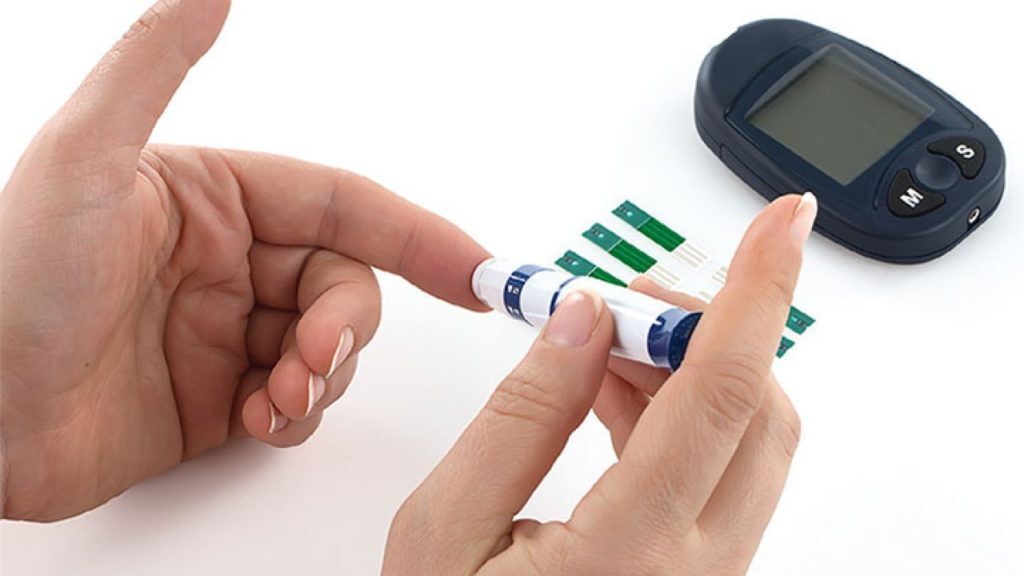
What medications can be used to treat or manage diabetes?
There are many diabetes medications that can be used to treat or manage diabetes. Some common types of diabetes medications include blood sugar control medications, oral diabetes medications, insulin injections, and sneakers.

What are the best ways to improve diabetes control?
There is no single answer to this question, as the best way to improve diabetes control depends on individual circumstances and needs. However, some tips that may be useful include:
- Regularly monitoring blood sugar levels and making appropriate adjustments to dietary and lifestyle habits, as needed.
- Taking insulin or other blood sugar-lowering medications as prescribed by a doctor.
- Exercising regularly to help reduce obesity and promote
What are the warning signs of diabetes?
The warning signs of diabetes include experiencing extreme thirst or hunger, peeing more than usual, feeling frequent urination, bloating, weight loss despite eating normal amounts, feeling dizzy or lightheaded when standing up, having unexplained fatigue and problems walking long distances. If any of these symptoms are experienced, it is important to schedule an appointment with a doctor as soon as possible.
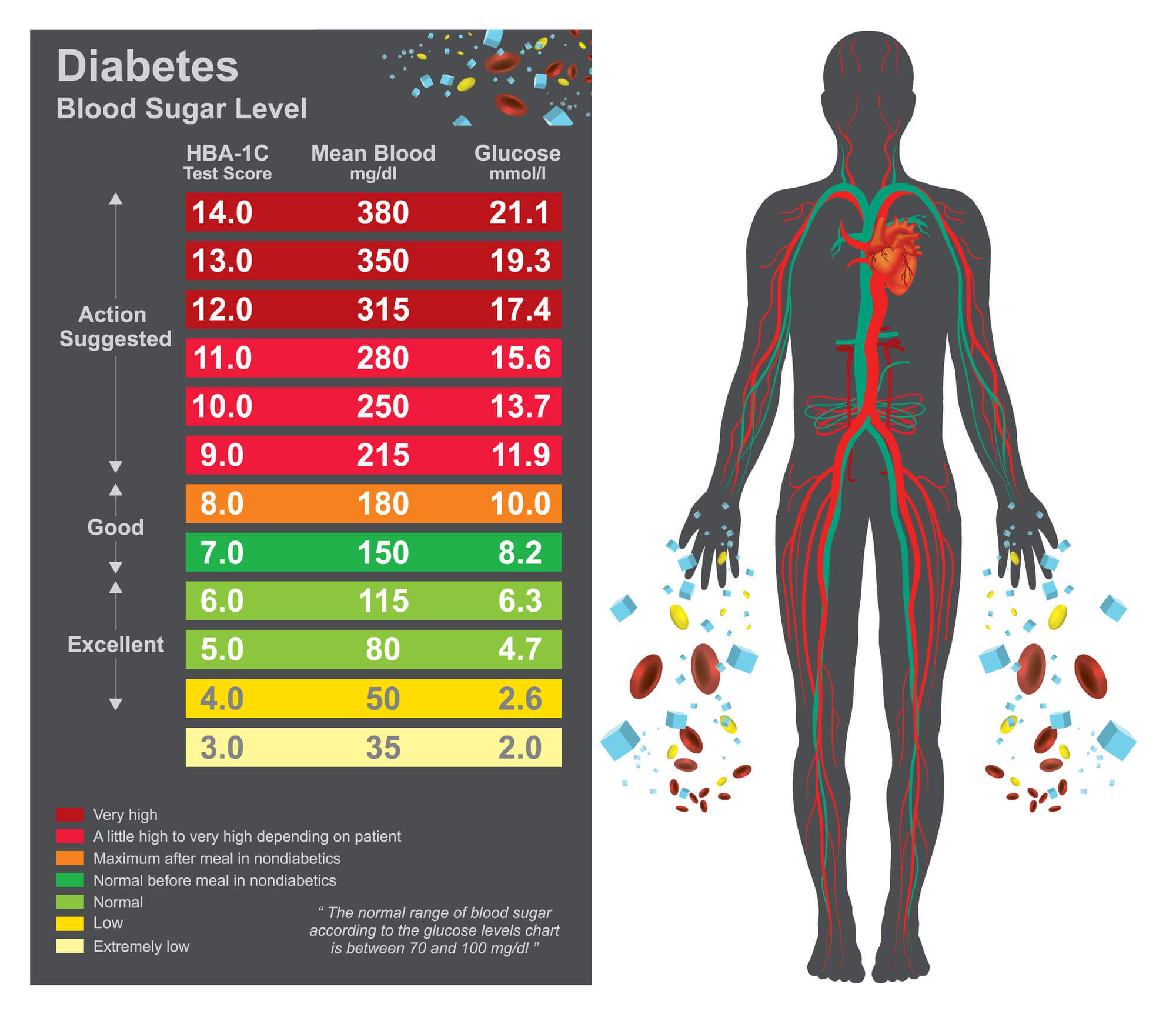
When should I get my blood sugar checked?
Blood sugar should be checked at least once a week, but more often if there are symptoms such as dizziness, confusion, or headaches.
What is the best time to have a diabetes check-up?
There is no set time for a diabetes check-up, but most doctors recommend scheduling one around the time of your annual doctor’s visits.

Do you have any recommendations for a good doctor in your area who specializes in treating people with Diabetes?
You may find endocrinologists on NowServing. You can utilize the search filters when searching to be able to find the doctor that can help you with your diabetes in your area or you can book an online consultation with an endocrinologist.


